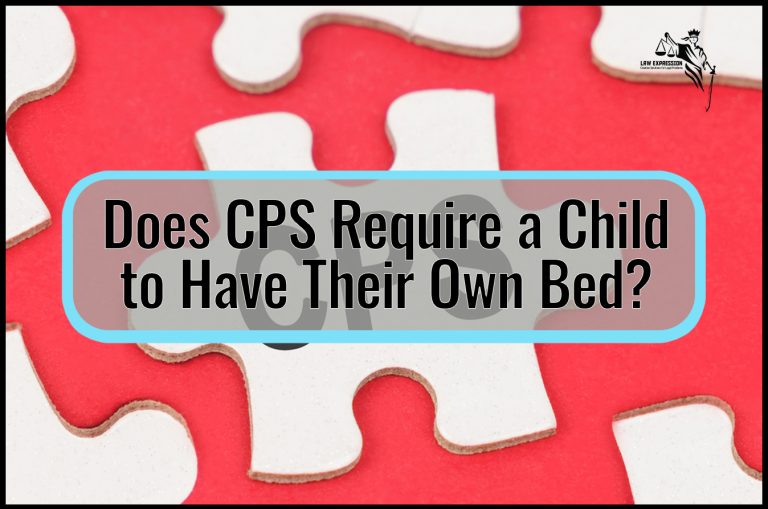Why Do Moms Always Get Custody?
There is no one answer to this question as there are many factors that can contribute to a mother being awarded custody of her children. Some of the reasons why a mother might be more likely to receive custody than a father include: she is more likely to have been the primary caretaker of the children up until this point, she may have a stronger emotional bond with her children, and she may be better equipped to provide for their physical and financial needs. Additionally, courts often consider the best interests of the child when making decisions about custody, and it is generally thought that children fare better when they are able to maintain close relationships with both parents.
There are a lot of reasons why moms always seem to get custody of their children. One reason is that they are usually the primary caretaker. They are the ones who have been taking care of the kids since they were born, and they are usually more attached to them.
Another reason is that moms usually have a stronger bond with their children. Moms tend to be more nurturing and emotionally invested in their children than dads. This makes it easier for them to provide the stability and support that kids need during a divorce.
Finally, courts often assume that mothers are better equipped to care for young children than fathers. This is because mothers typically have more experience with childcare and housework. They also tend to be more patient and understanding when it comes to dealing with young children’s needs.
What Percentage of Mothers Get Custody
The percentage of mothers who get custody of their children varies by country. In the United States, for example, around 80% of custodial parents are mothers. But in other countries like Australia and the United Kingdom, the percentages are closer to 60%.
There are a number of factors that contribute to these differences, including culture, religion, and economic stability.
In general, however, it seems that mothers are more likely to be awarded custody than fathers. This is likely because courts tend to favor continuity and stability for children, and mothers are typically seen as better caregivers than fathers.
Additionally, many fathers work long hours or travel for work, which can make it difficult for them to care for young children. Mothers are also more likely to have established relationships with their child’s grandparents and other extended family members, which can be important in providing a supportive network for raising a child.
Why Do Mothers Almost Always Get Custody?
When it comes to child custody, mothers almost always end up with primary custody of their children. There are a number of reasons for this, but the most common one is simply that mothers are typically more involved in their children’s lives than fathers are.
Mothers tend to be the ones who spend more time with their children on a daily basis, and they’re also usually the ones who are more emotionally attached to their kids.
In many cases, fathers work long hours and don’t have as much time to dedicate to their children. Additionally, fathers often have less involvement in decisions about their children’s upbringing and day-to-day lives.
All of these factors play a role in why courts typically award primary custody to mothers.
Of course, there are always exceptions to the rule, and there are some situations where fathers do end up with primary custody. But generally speaking, mothers usually have an advantage when it comes to child custody battles.
Who is Most Likely to Get Custody of a Child?
The answer to this question depends on a number of factors. Generally, the court will award custody to the parent who is best able to provide for the child’s physical, emotional, and developmental needs. The court will also consider which parent is more likely to encourage and facilitate a positive relationship between the child and the other parent.
Other factors that may be considered by the court include each parent’s mental and physical health, employment status, drug, and alcohol use, criminal history, involvement in the child’s life prior to separation, and ability to care for the child’s basic needs.
Why Do Courts Favor Mothers?
In the United States, courts typically favor mothers when it comes to child custody. There are a number of reasons for this, but one of the main ones is that mothers are generally seen as the primary caretakers of children. This means that they are more likely to be able to provide a stable home environment and routine for their children.
Additionally, mothers are often more involved in their children’s lives on a daily basis than fathers, so they are typically better equipped to understand their needs and wants.
Of course, there are many fathers who are also excellent caretakers and would be perfectly capable of providing a loving home for their children. However, in general, courts tend to err on the side of caution and award custody to mothers rather than fathers.
This is not always the case, but it is certainly the most common outcome.
Who Wins Most Custody Battles?
Custody battles are never easy, and there is no clear-cut answer as to who wins most of them. However, there are some general trends that can be observed in custody cases. In most cases, the mother is awarded primary custody of the children.
This is because courts generally believe that children benefit from having a stable home life with one primary caretaker. Additionally, fathers are more likely to be awarded joint or shared custody if they are actively involved in their children’s lives and can prove that they are capable of providing a loving and nurturing home environment.
Child Custody & Support – Why do moms “always” get custody and Dads “always” pay child support?
Conclusion
Moms always seem to get custody of the kids, but is it really because they’re better parents? Turns out, there are a few reasons why this may be the case. First, dads tend to work longer hours and travel more for work, which can make it difficult to be as involved in their children’s lives.
Additionally, moms are typically more nurturing and better at communicating with their kids. They’re also usually more organized and better at keeping up with the day-to-day details of parenting. Ultimately, though, it’s up to the court to decide who gets custody of the kids, and each case is different.



